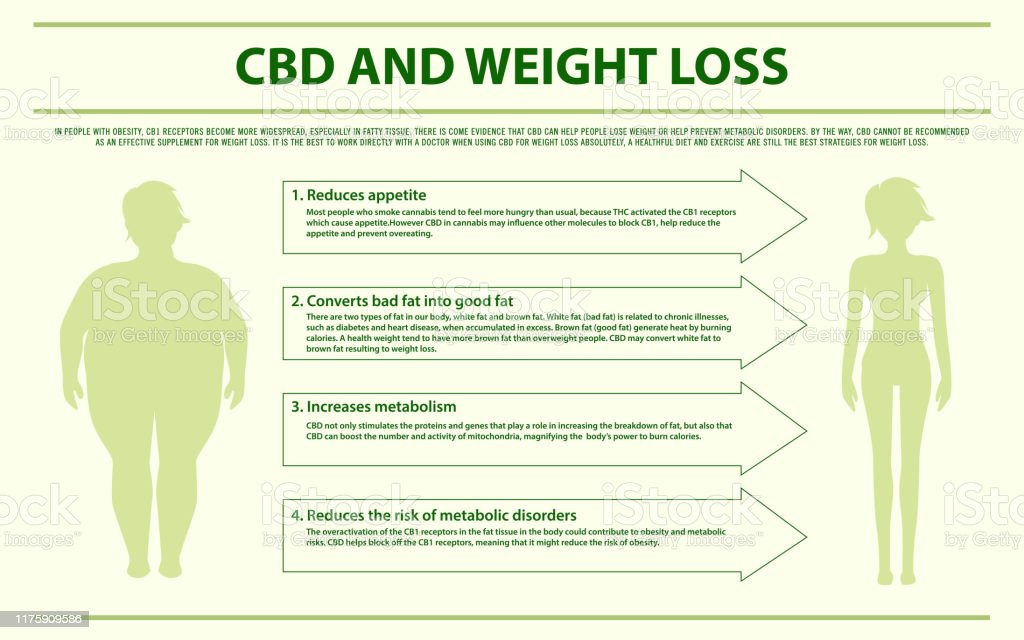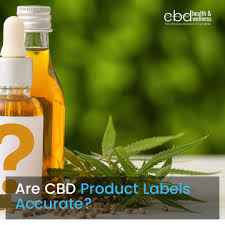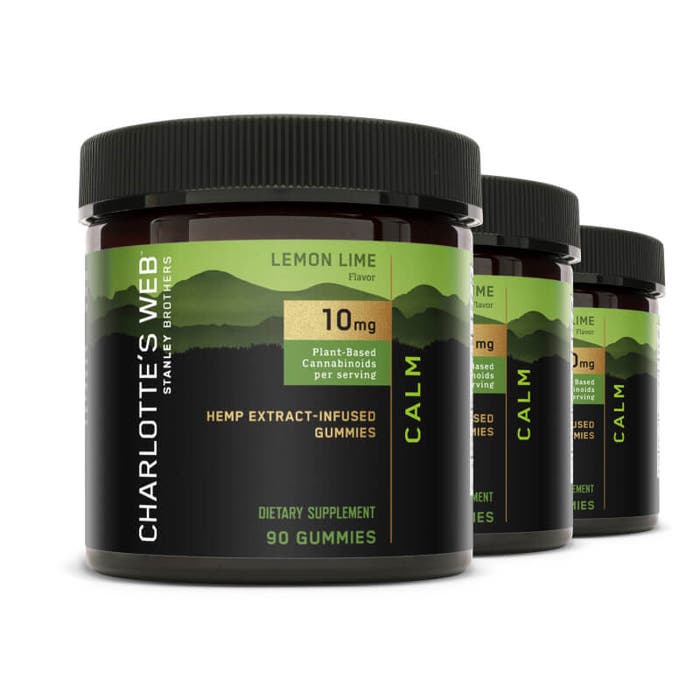
Are you wondering what CBD is? you've come to the right place. We've got all the facts, including information about its antibacterial properties as well as potential to get you high. We'll also discuss its antibacterial and sedative properties. We will also touch upon the benefits of CBD, as well its many applications.
Cannabinol
Cannabinol, or CBN, is a chemical compound produced by the process of heating raw cannabis. It is capable of controlling mood, appetite, pain, calmness, and stress. In the printing industry, it is often used as dummy text. It was first discovered by an unknown printer when he scrambled a piece of type.
The active ingredient is typically suspended in oil when used for oral applications. It may also be mixed with an inert solid diluent, such as calcium carbonate, calcium phosphate, or olive oil. Aqueous suspensions are also possible to be formulated using a sweetener agent, demulcent, and flavoring agent.

Does it get you high?
CBN is a cannabinoid found in cannabis. CBN was the first cannabinoid that was isolated in its pure form. It is similar to THC, the psychoactive component of cannabis. It works by a completely different mechanism.
CBN binds to THC in the same way as THC but in a different manner. The CBN doesn't produce the high that marijuana produces. Research has shown that CBD rich strains of cannabis can prevent THC's negative effects and promote relaxation. But, it's not clear whether CBD can get you high.
Are there any sedative effects?
CBN is a cannabinoid that can have sedative effects. It is not as powerful as THC and should not be used for recreational purposes. It is being researched for its potential health benefits. It may also be useful in treating insomnia. It may also be useful for treating seizures.
CBN is a naturally occurring cannabinoid found in hemp plants. It is often called "sleepy cannabinoid," and is very effective in small doses to improve sleep quality. It has a relaxing sedative and brain-friendly effect because it interacts with CB1 nerve receptors. This makes it ideal for inducing sleep.

Does it have antibacterial qualities?
CBN is a compound that can be found in hemp plants and has many uses. Many studies have demonstrated that CBN is antibacterial and can be used internally and topically. Neuroprotective properties are also known. This means that it can protect neurons in the brain. It may be beneficial for people with a range conditions like age-related cognitive loss, traumatic brain damage, seizures, and others.
Can it be used as an antioxidant?
CBD and THC have been linked with a variety of health benefits including the prevention or treatment of certain diseases and disorders. These compounds also possess antioxidant properties. Antioxidants can be substances in our body that protect us from the harmful effects of oxidation. Oxidation causes damage to our cells, including our DNA. It can also cause cancer.
Although there is limited research on CBN, preclinical studies have suggested that it might possess anti-inflammatory and antioxidant properties. These properties may make CBN useful in treating chronic wounds and even in treating certain eye conditions. It may also slow down the progression glaucoma, which is a disease that damages the optic nerve.
FAQ
Is the CBD market saturated or not?
CBD is seeing a steady growth rate of 25 percent annually. This growth is expected not to stop for at least five more years. The industry is expected to grow from $2Billion today to $5Billion by 2020.
Two companies dominate the CBD market: GW Pharmaceuticals (Canndoc Ltd) and Canndoc Ltd. Both companies focus on developing high-quality pharmaceutical-grade products. However, they have not been very successful thus far. Both are struggling to get traction on market.
Cannabidiol, or CBD (cannabidiol) is a cannabis extract that contains less 0.3% THC. It has no psychoactive effects. It is used for treating epilepsy and other medical conditions. It is also commonly used as a dietary supplement.
There are many types of CBD products. Some CBD products contain whole plant extracts. Others use CBD-rich cannabinoids.
These products all share one thing in common: low levels are THC.
They are therefore legal under US federal law. You will still need to follow local laws if you are selling CBD products. You should always check with your state's regulations regarding the sales of CBD products.
Some states also make CBD products illegal. These states include California, Colorado and Mississippi, Missouri. New York, North Carolina. Ohio. Oklahoma. Oregon. Rhode Island. South Dakota. Texas. Utah. Virginia. Washington.
CBD products shouldn't be used if you live in any of these states.
How big is the global CBD industry?
According to Euromonitor International, the global CBD market was worth $US 3.5 Billion in 2015. This represents an increase of over 10% from 2014.
The report projects that this figure will reach $US6.4 billion by 2020. This represents an average annual growth rate 12%.
CBD products will make up around half of all products derived from hemp by 2020.
This includes CBD oils.
Does CBD help with anxiety?
CBD oil works well to reduce anxiety. This is because it interacts directly with CB1 or CB2 brain receptors. The endocannabinoid system regulates mood and stress responses.
CB1 receptor activation occurs when our bodies feel anxious. This receptor activates and sends signals to amygdala which is responsible for emotional processing.
If the CB1 receptor becomes blocked, the brain doesn't get the signal to express emotions. CBD users report less negative feelings.
A study published in 2017 showed that CBD reduces anxiety in patients with social phobia. Another study showed that CBD reduces symptoms of PTSD.
A 2018 review concluded that CBD has anxiolytic properties and could help treat generalized anxiety disorder.
Another review suggested that CBD might also reduce panic attacks.
Multiple studies have proven that CBD can actually increase anxiety levels in mice.
The difference in results between animals and humans could be explained by differences in the way that CBD is metabolized in different species.
There are no long-term safety studies available for CBD. But, experts are unanimous in their belief that CBD is safe when used according to directions.
Statistics
- HR −16 mmHg; 95% CI −26, −6; I2 = 92%) (ncbi.nlm.nih.gov)
- While the primary injury may not be treatable, interventions that attenuate secondary sequelae are likely to be of benefit [203].Only one study (ncbi.nlm.nih.gov)
- CBD seems unlikely to directly influence sleep in healthy humans [115] (and maybe “sleep-promoting” in those with certain comorbid conditions) (ncbi.nlm.nih.gov)
- OralWhere HED is the human equivalent dose, and Km is a correction factor estimated by dividing the average body mass (BM) of the species (60, 0.020, and 0.150 kg for 11 humans, mice, and rats, respectively) and by its surface area (see: Nair et al. (ncbi.nlm.nih.gov)
- The use of these products is likely to become even more widespread if the World Health Organization's recommendation that CBD no longer is scheduled in the international drug control conventions is adopted by the United Nations member states [201]. (ncbi.nlm.nih.gov)
External Links
How To
How to sell CBD oil at home
CBD oil has become a popular online product. It is derived form hemp plants and has been used since ancient times to relieve pain and inflammation. These benefits include anxiety, insomnia and chronic pain relief. Many people are reluctant to use CBD because of their lack of knowledge. This article will help you to make money selling CBD oil at home without worrying about being caught up in legal issues.
Steps for selling CBD Online
-
Check to see whether your state allows CBD oil sales. If it's not allowed, look for states that allow it. Before starting any CBD-related business, you should consult your local health department.
-
You should ensure that your website complies with FTC regulations. There are two types, those that conform to FDA guidelines and those who don't. The U.S. Food and Drug Administration (FDA) has established rules for CBD oil sellers. This means that they cannot claim CBD helps with medical conditions unless scientific evidence supports their claims. They must also keep records of every transaction made on their website.
-
It is important to have a clear understanding of CBD oil. While some people believe CBD refers to cannabidiol, this is not true. CBD oil can also be used for anything extracted from cannabis plants. Talking to your doctor can help you find out if CBD oils are right for your condition.
-
You must decide whether you plan to sell wholesalers or retail. Wholesalers can buy large quantities of CBD oil to resell to retailers. Wholesalers often sell CBD oil in small quantities to retail outlets who then rebrand it. Wholesale prices are usually more expensive than retail prices.
-
Decide whether you wish to start a business that offers drop shipping. Drop shippers ship items directly to customers from suppliers. They handle all aspects of delivering orders, customer service included. Dropshipping is great for first-time entrepreneurs because it requires little upfront investment.
-
Pick a manufacturer. Many companies sell CBD oil as an alternate medicine. Different flavors and strengths are available from different manufacturers. Many companies offer free trials. Start looking around until you find a company that fits your needs.
-
Set up a Facebook profile. Social media plays an integral role in marketing. Facebook alone will allow you to reach millions and even more customers. You can create a page to share information about your business venture.
-
Promote your brand. Once your Facebook page is established, you can promote your brand using other social media platforms including Instagram and Twitter.
-
Sell your products. Once you've decided to sell CBD oil, it is time to choose the type of product that you want to market. Do you want to only sell drops or tinctures of CBD oil? How much would you charge per bottle? What packaging would your company use?
-
Write a detailed description of each product. Be sure to include all ingredients and any warnings about CBD oil.
-
Your products' prices should be listed. Keep in mind that the price of your products will vary depending on the strength of the product. For example, a 10ml bottle of 100mg CBD oil costs $30, while a 500mg bottle costs $120.
-
Images can help you attract more people's attention. Post pictures of your products so that visitors know exactly what they are getting into. You can even include videos if you wish.
-
Optimize your store. It is important to ensure that your store looks professional and well organized. If your store does not look its best, you might lose customers due to bad design.
-
Find ways to improve your reputation online. People are always searching for reviews about products on Google. You could lose customers if you don't have any positive reviews.
-
Offer discounts. People don't always like to pay full-price for items. If you give discounts, you can increase your profits.
-
Use email marketing. Email marketing allows you send promotional messages and offers to people who have expressed interest in buying your products. This is an excellent way to build relationships and trust with your customers.
-
Optimize your website. It is important to have a functioning website when you are starting a business. Your site should contain useful information regarding your products and services.
-
You can hire someone to manage your business. It is not easy to run a business. If you do not employ someone to manage some of the work, it is a waste of time to learn how to complete those tasks.
-
Get started! Now that you have read this article, you are ready to get started with your own CBD Oil Business. You are welcome!